Walking into the dimly lit shelter, I mentally prepared myself for the scene that was about to unfold. For the past two months, I had been working in the village of Hunza, Pakistan for a grassroots non-profit organization. Inside, I was welcomed with a cup of tea and a family eager to provide the information I needed for the statistics I was collecting. Before I began, the youngest son said goodbye to his parents to go out and find work; the elderly father, unable to work, smiled at him as he departed. When I left the shelter, my mind was racing with the reality of the glaring socio-economic disparity I was witnessing and my discomfort at being at the favorable end of the inequity. The setting was dramatically different from my home in Orlando, Florida but the issue is one that transcends borders and nationalities.
The theme of inequality is recurrent on varying levels, and the relationship between the privileged and the disadvantaged is one that is strained by personal frustration. Interaction between those on the opposite spectrums of social divisions is too often stifled, because it is blatant acknowledgement that a problem exists – that inequality is undeniably present in our government, economic and social institutions and even personal relationships. The Office of Multicultural Affairs at Rollins has taken an exemplary role in spearheading the complex manifestations of inequality relevant to the student body. OMA’s Week of Action is an initiative that sponsors student-led roundtable discussions addressing topics ranging from LGBT rights and gender equality to the political under-representation and social disadvantages faced by minorities. It offers students a platform to play a serious role in creating a unified public commitment to address and eliminate the unspoken yet clearly defined social, racial, sexual and gender barriers that suppress advancement towards multicultural pluralism.
Community engagement remains a vital means of promoting societal awareness. Through the promotion of open dialogue free of inflammatory diatribe, we must unflinchingly address the reality that is around us. Societal degradation through poverty, intolerance, violence and discrimination is more than a concept; it is a reality that we all contribute to through acceptance and silence. I am reminded of this every time I close my eyes and see the young boy going out to find work to provide for his family. What reminds you?

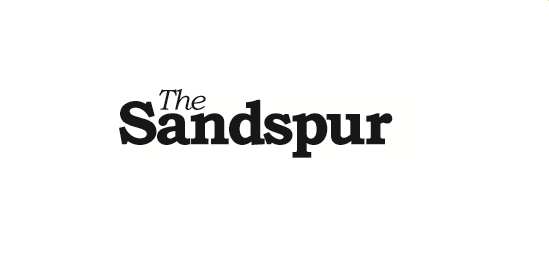
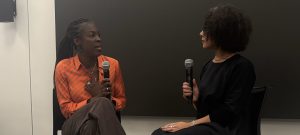
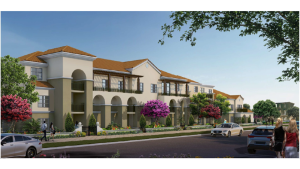
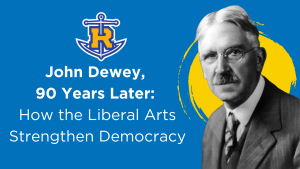
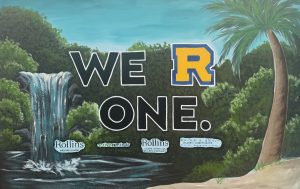
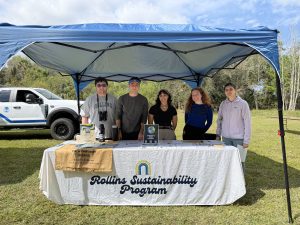
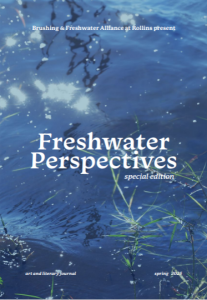

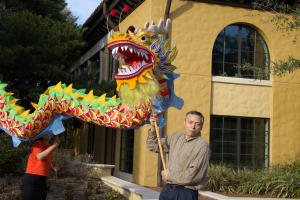
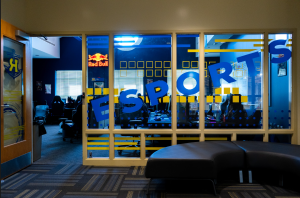
Be First to Comment